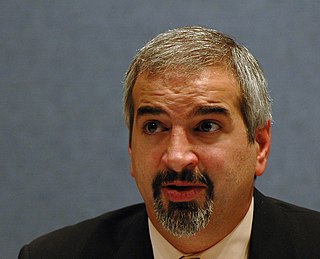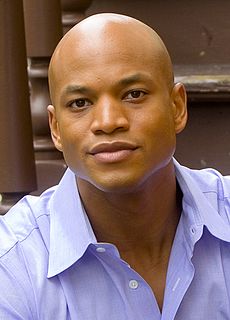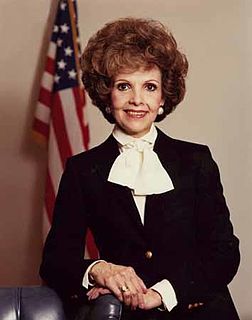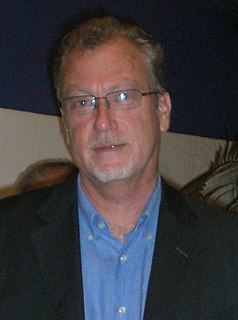A Quote by Anthony Shadid
In any kind of conflict, you have a certain dehumanization that comes along with it. And it's important as a reporter, a writer, a journalist, to try to restore humanity.
Related Quotes
I spent two years in Cairo, and I felt a certain urgency about trying to understand the region and the conflict here, in the modest way that a journalist might be able to try and shed some understanding and enlightenment on a region that is profoundly conflicted, and a conflict that has real consequences for Americans.
As every writer knows... there is something mysterious about the writer's ability, on any given day, to write. When the juices are flowing, or the writer is 'hot', an invisible wall seems to fall away, and the writer moves easily and surely from one kind of reality to another... Every writer has experienced at least moments of this strange, magical state. Reading student fiction one can spot at once where the power turns on and where it turns off, where the writer writes from 'inspiration' or deep, flowing vision, and where he had to struggle along on mere intellect.
When you have a conflict, that means that there are truths that have to be addressed on each side of the conflict. And when you have a conflict, then it's an educational process to try to resolve the conflict. And to resolve that, you have to get people on both sides of the conflict involved so that they can dialogue.
The journalism, I was a financial journalist - it's very good training as a writer. You have to write for deadlines; you have a certain economy of phrasing. As a training ground as a writer, it's fantastic. I also think it teaches you to be observant, to listen to people, and gives you an ear of dialogue from doing interviews.
I am old enough to think the word 'journalist' is not all that noble a designation. Journalist - that record keeper, quote taker and processor of press releases - was, in the world of letters I grew up in, a lower-down job. To be a writer - once the ambition of every journalist - was to be the greater truth teller.
































